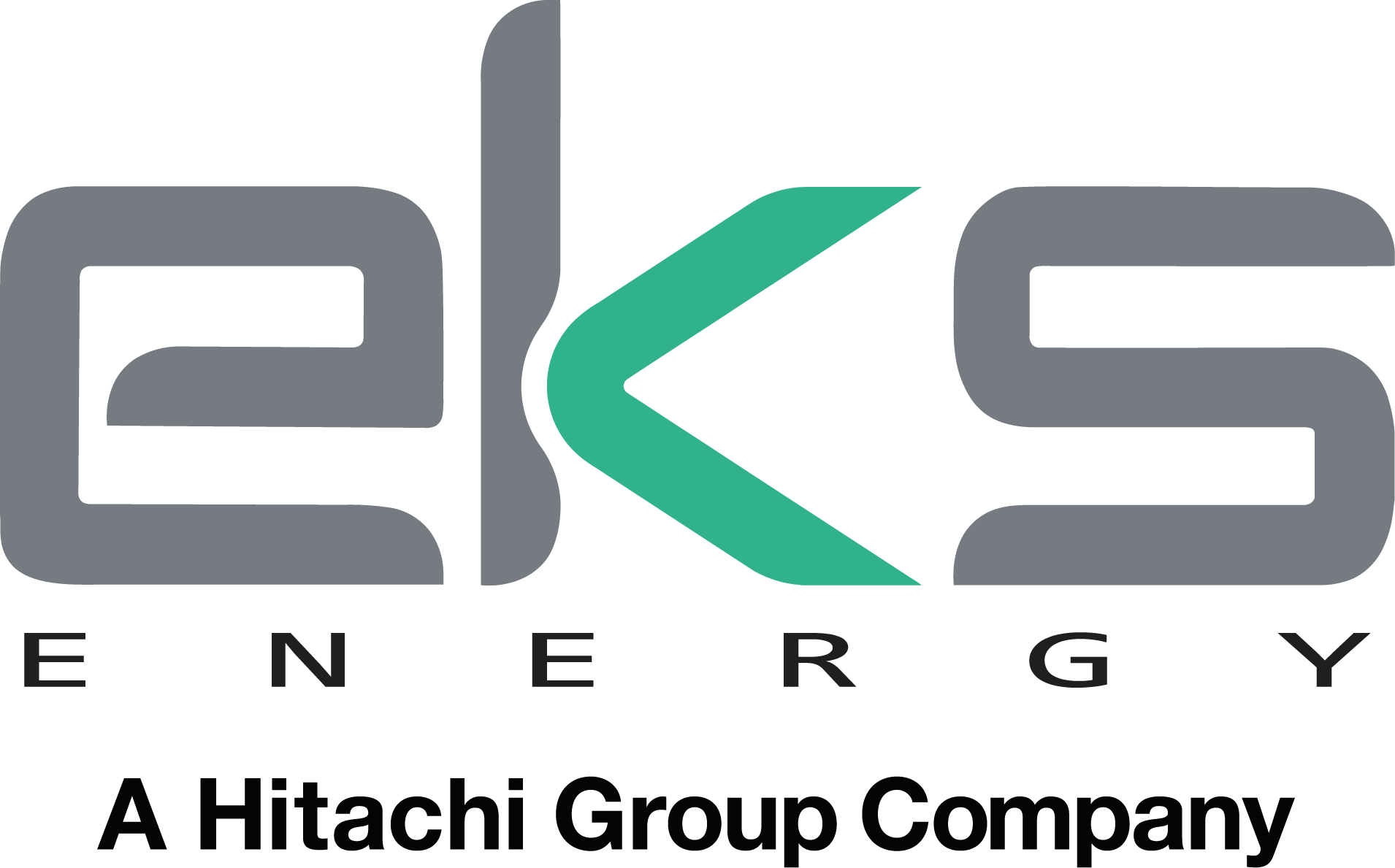AES Hawaii, located in Waikoloa, is a power plant that has provided electricity to Hawaii for decades, but relies heavily on fossil fuels.
With the goal of reducing carbon emissions and promoting energy sustainability on the island, AES Hawaii sought our collaboration to implement renewable energy and storage technologies. Waikoloa faced significant energy challenges, including a high dependence on imported fossil fuels and a lack of infrastructure to harness renewable energy sources. Additionally, the island was exposed to the impacts of climate change and sought to reduce its carbon footprint.
The solutions implemented were the following:
– Solar panel installation: we designed and installed a set of solar panels at the AES Hawaii plant. These solar panels capture the sun’s energy and convert it into electricity.
– Energy storage technology: To address the challenge of solar energy intermittency, advanced energy storage systems were implemented.
– Integration into smart grids: we develop a smart grid infrastructure that allows efficient management of the energy generated by the plant.
AES Hawaii and eks Energy collaborated to transform the Waikoloa Power Plant from a fossil fuel-dependent facility to a sustainable and resilient energy source. This case study highlights our important role in promoting renewable energy and storage solutions, which benefits the overall sustainability and energy resilience of Waikoloa and Hawaii.
The project began with a thorough assessment of energy needs and an analysis of efficient transition options. AES Hawaii and eks Energy designed a customized solution, incorporating a combination of renewable technologies and energy storage systems adapted to local conditions. Solar panels and wind turbines were installed to generate clean energy, backed by advanced storage technology.
The transformation focused not only on clean energy generation but also on energy efficiency. Infrastructure improvements, optimized power distribution, load management technologies and energy conservation practices were implemented. These measures reduced energy consumption and improved the plant’s operational efficiency, ensuring a stable energy supply for Waikoloa.
The project significantly decreased the community’s dependence on fossil fuels, reducing environmental impact and improving energy resilience.

